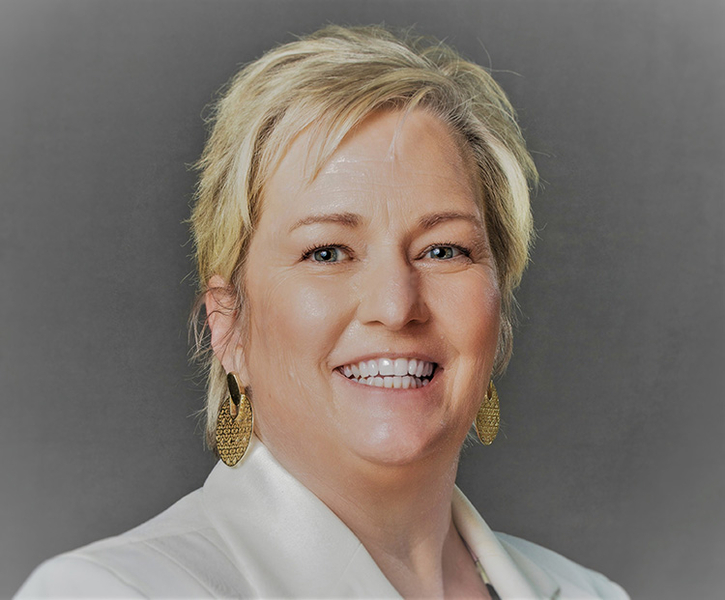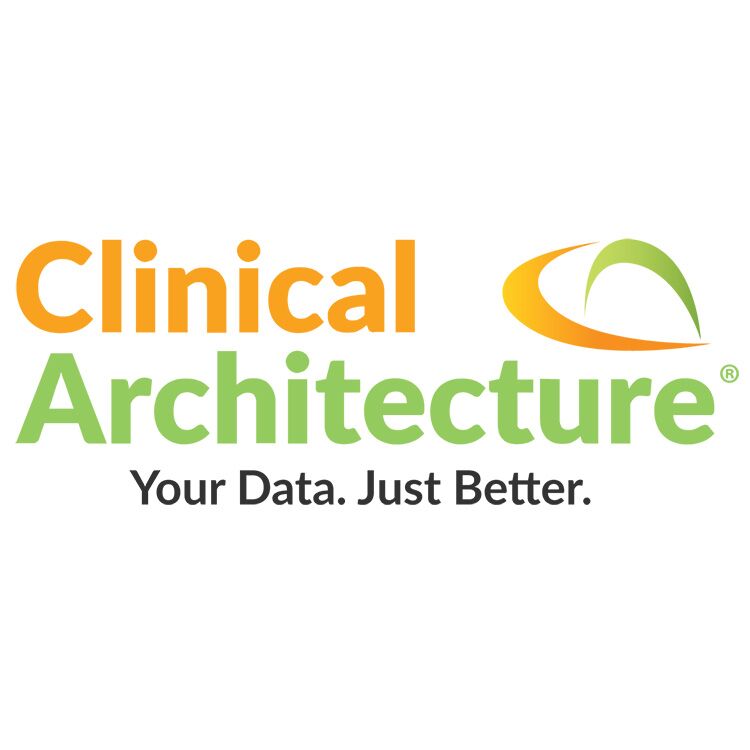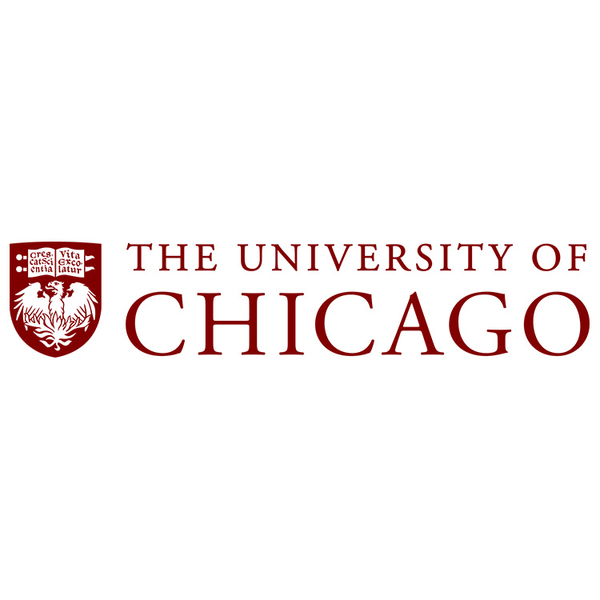AMIA 2023 Linking Informatics and Education Academic Forum Conference (LIEAF)
November 13-14, 2023
The Linking Informatics and Education Academic Forum (LIEAF) provides an opportunity for Academic Forum Members and Annual Symposium attendees to learn state-of-the-art approaches and best practices in education, research, and training; and to build, support, and strengthen the academic informatics community.
The meeting is designed for faculty and staff who are committed to their own professional growth and the growth of their program. LIEAF also serves multidisciplinary, inter-professional informatics professionals at all levels of academic informatics.
*Select "LIEAF Session" under "Presentation Type."









